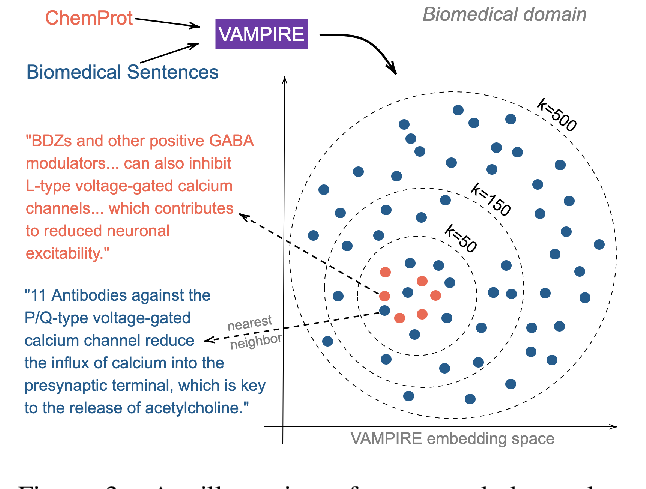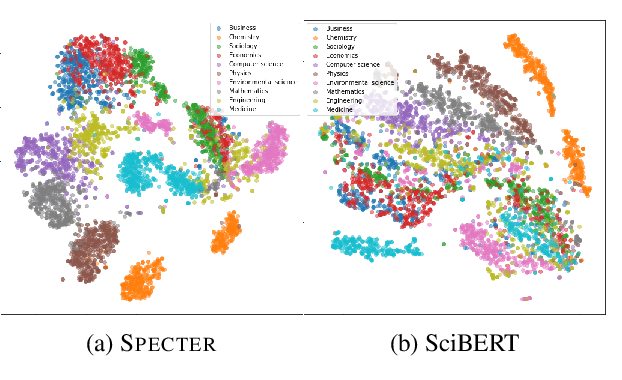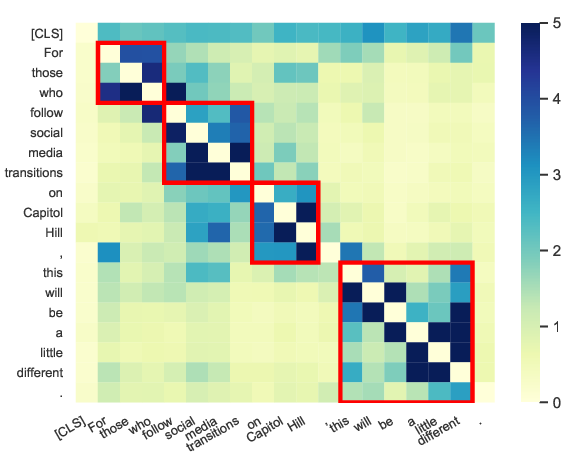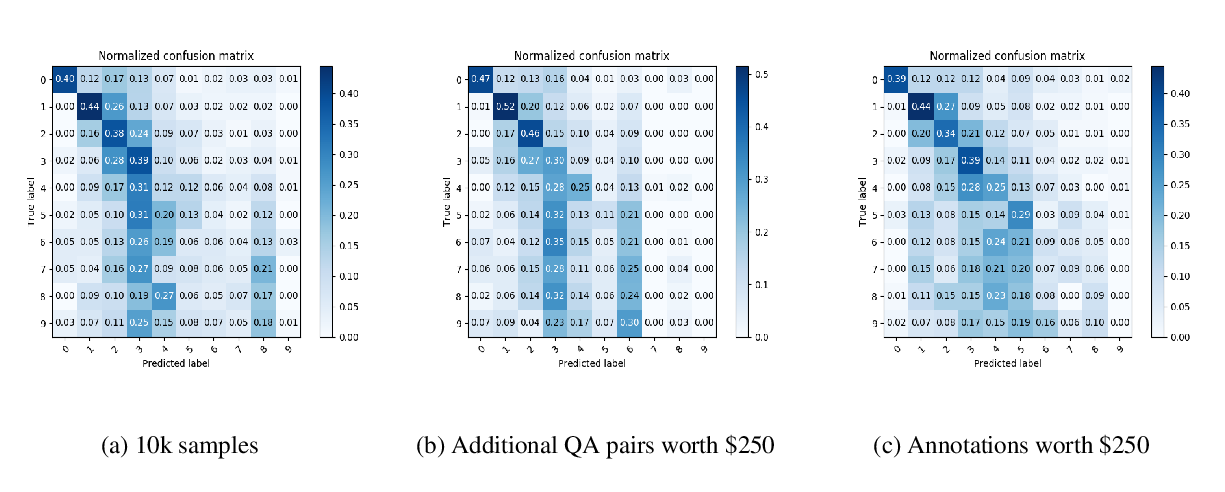Intermediate-Task Transfer Learning with Pretrained Language Models: When and Why Does It Work?
Yada Pruksachatkun, Jason Phang, Haokun Liu, Phu Mon Htut, Xiaoyi Zhang, Richard Yuanzhe Pang, Clara Vania, Katharina Kann, Samuel R. Bowman
Theme Long Paper
Session 9A: Jul 7
(17:00-18:00 GMT)

Session 10A: Jul 7
(20:00-21:00 GMT)

Abstract:
While pretrained models such as BERT have shown large gains across natural language understanding tasks, their performance can be improved by further training the model on a data-rich intermediate task, before fine-tuning it on a target task. However, it is still poorly understood when and why intermediate-task training is beneficial for a given target task. To investigate this, we perform a large-scale study on the pretrained RoBERTa model with 110 intermediate-target task combinations. We further evaluate all trained models with 25 probing tasks meant to reveal the specific skills that drive transfer. We observe that intermediate tasks requiring high-level inference and reasoning abilities tend to work best. We also observe that target task performance is strongly correlated with higher-level abilities such as coreference resolution. However, we fail to observe more granular correlations between probing and target task performance, highlighting the need for further work on broad-coverage probing benchmarks. We also observe evidence that the forgetting of knowledge learned during pretraining may limit our analysis, highlighting the need for further work on transfer learning methods in these settings.
You can open the
pre-recorded video
in a separate window.
NOTE: The SlidesLive video may display a random order of the authors.
The correct author list is shown at the top of this webpage.
Similar Papers
Don’t Stop Pretraining: Adapt Language Models to Domains and Tasks
Suchin Gururangan, Ana Marasović, Swabha Swayamdipta, Kyle Lo, Iz Beltagy, Doug Downey, Noah A. Smith,

SPECTER: Document-level Representation Learning using Citation-informed Transformers
Arman Cohan, Sergey Feldman, Iz Beltagy, Doug Downey, Daniel Weld,

Perturbed Masking: Parameter-free Probing for Analyzing and Interpreting BERT
Zhiyong Wu, Yun Chen, Ben Kao, Qun Liu,

Benefits of Intermediate Annotations in Reading Comprehension
Dheeru Dua, Sameer Singh, Matt Gardner,
